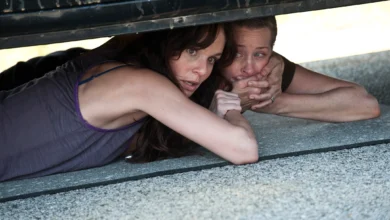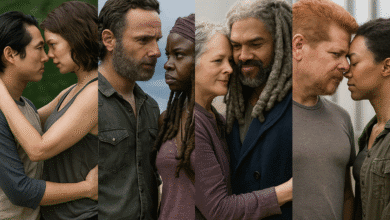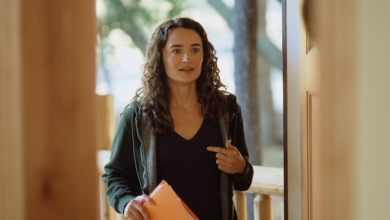Why The Walking Dead’s Most Hated Episode Deserves a Second Look
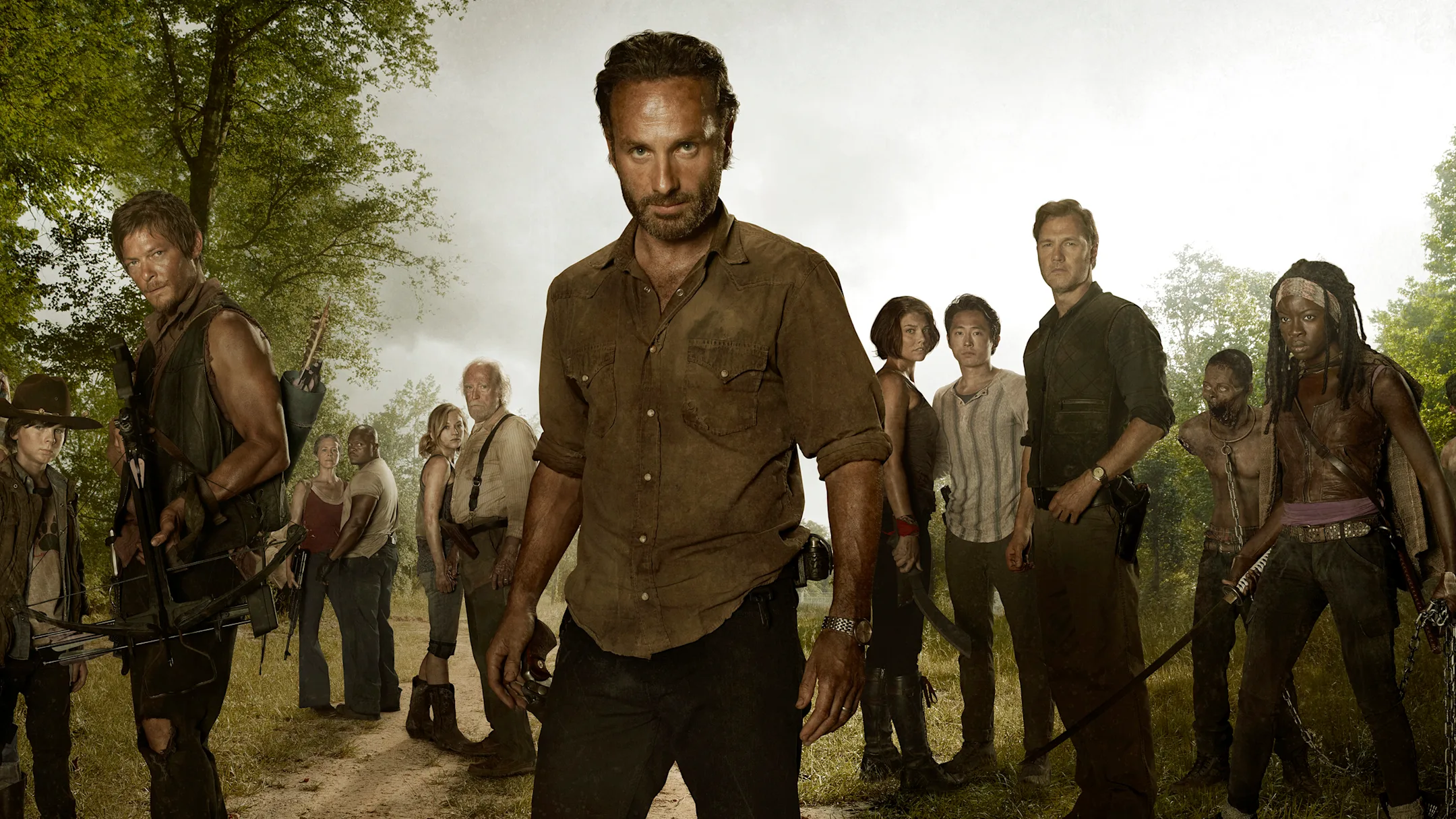
For over a decade, The Walking Dead delivered one of television’s most unpredictable and emotionally charged journeys. With 11 seasons, countless shocking twists, and a gallery of unforgettable characters, the AMC series redefined the zombie genre and kept millions of viewers glued to their screens. But no long-running show is immune to controversy, and The Walking Dead certainly had its share of divisive moments. Some storylines dragged on too long, others wrapped up too quickly, and a few episodes simply didn’t land with fans the way the writers hoped.
Among these polarizing chapters, one stands out above the rest: season 10’s “Diverged.” To many fans, it has earned the dubious title of “worst episode in the series.” Yet, when you take a closer look, this installment has more depth and value than it is often given credit for. Far from being a throwaway filler, “Diverged” quietly explores themes of loss, distance, and the fragility of human connection in ways that only The Walking Dead could.
Why Fans Rejected “Diverged”
“Diverged” was part of the so-called “bonus episodes” that bridged the gap between seasons 10 and 11. By design, these episodes were limited in scope and budget: smaller sets, fewer characters, and quieter stories meant to hold fans over until the final season. That setup doomed them in the eyes of many viewers, who were expecting big, game-changing developments.
Instead, “Diverged” offered something radically different: a day in the lives of Carol and Daryl at a point when their friendship was fractured. It lacked explosive action, shocking deaths, or major plot progression. For a show famous for its intensity, this quieter approach felt like a letdown.
But perhaps the real problem wasn’t the episode itself—it was the expectation. Fans tuned in anticipating momentum, only to find introspection. And in the world of The Walking Dead, that contrast can feel jarring.
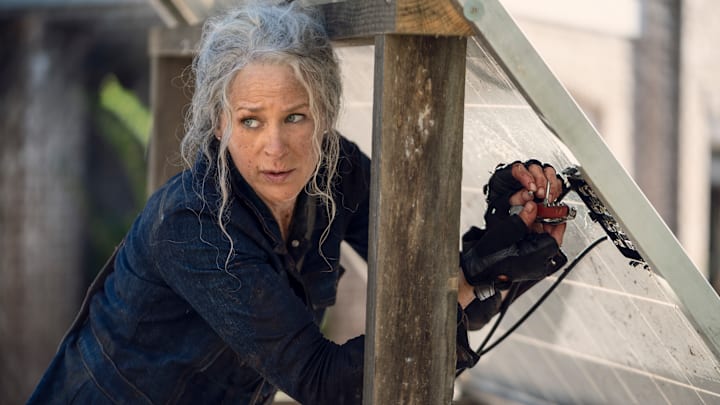
A Character Study Masquerading as Filler
On the surface, the plot of “Diverged” is almost absurdly mundane. Carol attempts to cook soup and repair things around Alexandria while also dealing with a pesky rat, while Daryl struggles to fix his motorcycle in the woods. Both characters face small, frustrating setbacks that snowball into a metaphorical portrait of their strained relationship.
It’s easy to dismiss such storylines as pointless. But in truth, the episode’s brilliance lies in its ordinariness. By stripping away the constant chaos of the apocalypse, “Diverged” dares to ask: what do these characters look like when the dust settles and all that’s left are their fractured bonds?
Melissa McBride delivers one of her most nuanced performances as Carol. She’s restless, irritable, and haunted by guilt over her decisions during the Whisperer War. The rat becomes more than just a nuisance—it’s a symbol of her inner turmoil, an infestation she can’t eradicate. Watching her pull apart her house in frustration is raw, unsettling, and deeply human.
Meanwhile, Norman Reedus gives us a glimpse of Daryl’s quiet resilience. His motorcycle repairs are a mirror of Carol’s efforts: both of them trying to fix what’s broken, both failing in ways that reflect their inability to repair their friendship.
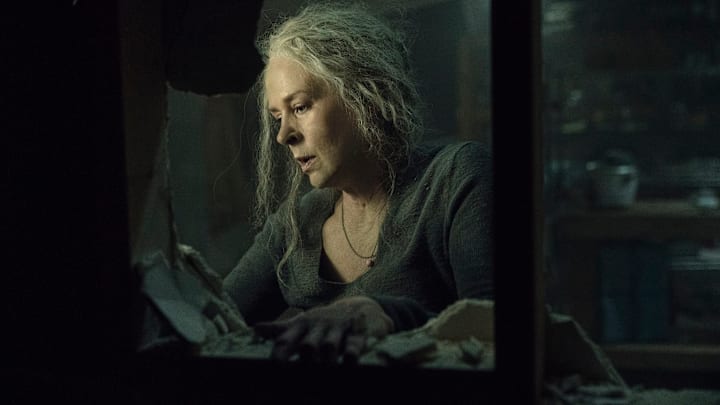
The Power of Subtext
One of the most striking aspects of “Diverged” is its reliance on metaphor. The literal fork in the road that Carol and Daryl encounter at the beginning perfectly illustrates their diverging paths. Their separate struggles highlight the futility of trying to mend external problems when their internal bond remains fractured. Even the simple act of offering soup at the end—only to be declined—becomes a heartbreaking emblem of missed opportunities and unspoken pain.
If this were another series, critics might praise the episode for its layered symbolism. Instead, it was ridiculed as boring or pointless because it dared to slow down and focus on silence, tension, and disappointment.
Why “Diverged” Matters
No, “Diverged” doesn’t resolve Carol and Daryl’s conflict. In fact, that unresolved tension is why many viewers walked away unsatisfied. But perhaps that’s exactly the point. Not all wounds heal quickly. Some relationships need more than one episode—or even one season—to mend.
Viewed through that lens, “Diverged” feels less like a failure and more like a brave experiment. It gives us space to sit with the discomfort of two beloved characters who can’t quite find their way back to each other. It refuses to offer easy answers, reminding us that pain, guilt, and friendship don’t always resolve neatly—especially in the world of The Walking Dead.
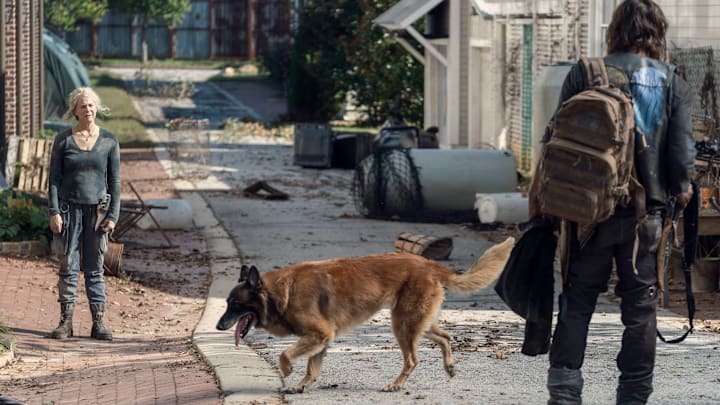
Justice for “Diverged”
In hindsight, “Diverged” deserves a reevaluation. It may not be the action-packed spectacle fans were hoping for, but it’s a quiet, emotionally layered entry that reveals more about Carol and Daryl than countless battle scenes ever could. By daring to slow down, it offered a different kind of tension: not the fear of walkers, but the fear of losing the person who matters most.
So, is it really the “worst episode” of The Walking Dead? Or is it an underrated gem that fans misunderstood? Perhaps the answer lies somewhere in between. But one thing is clear: Melissa McBride and Norman Reedus turned a simple day of chores into a haunting reflection of grief and friendship—and that alone makes “Diverged” worthy of more love than it gets.
✨ Justice for “Diverged”!
